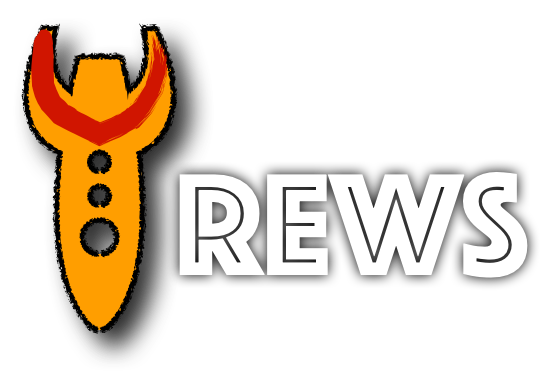Artificial intelligence (AI) has come a long way in recent years, and its capabilities are becoming increasingly impressive. AI can perform tasks that were once thought to be exclusive to human intelligence, such as language translation, image recognition, and even composing music. With these advancements, many are beginning to wonder if AI can replace human creativity. In this blog post, we will explore this question in more detail and provide some insights into the future of AI and creativity.
Can AI Replace Human Creativity?
The short answer is no. AI can mimic certain aspects of creativity, but it cannot truly replace human creativity. The reason for this is that creativity is not just about generating new ideas or solutions; it is also about the process of creating, the emotional and personal connections that are formed during the creative process, and the human experience that is inherent in all creative endeavors. AI simply does not have the emotional intelligence, personal experiences, or consciousness to replicate these elements of creativity.
That being said, AI can be used to enhance and complement human creativity. For example, AI algorithms can analyze large data sets to identify patterns and insights that humans might miss, and these insights can be used to inform creative decisions. AI can also assist with the generation of ideas and provide inspiration for human creatives. But ultimately, it is up to humans to interpret and apply these insights in a way that is meaningful and resonates with audiences.

The Future of AI and Creativity
As AI continues to evolve, it is likely that we will see more and more examples of AI being used to augment human creativity. One area where this is already happening is in the field of music composition. AI algorithms can analyze vast amounts of music data to identify patterns and generate new compositions that are stylistically similar to existing pieces. However, even in these cases, it is important to note that humans are still involved in the creative process. The AI is simply providing inspiration or a starting point for the human composer.
Another area where AI is being used to enhance creativity is in the field of design. AI algorithms can generate new designs based on a set of parameters, such as color scheme, style, and layout. This can save designers time and provide them with new ideas and inspiration, but ultimately, it is up to the human designer to decide which design best fits the needs of the project.
Conclusion
In conclusion, AI is not going to replace human creativity anytime soon. While AI can perform certain creative tasks, it lacks the emotional intelligence, personal experiences, and consciousness necessary to truly replicate the human creative process. However, AI can be used to enhance and complement human creativity, providing new insights and inspiration to human creatives. As AI continues to evolve, it will be exciting to see how it can be used to push the boundaries of human creativity even further.
Summary,
AI and creativity can coexist and complement each other, but AI cannot replace human creativity. The future of AI and creativity is likely to be one where AI provides new insights and inspiration to human creatives, allowing them to push the boundaries of what is possible even further. By embracing this partnership between humans and AI, we can unlock a whole new world of creativity and innovation.
#AIandCreativity #ArtificialIntelligence #HumanCreativity #FutureofAI #AugmentedCreativity #Innovation #Design #MusicComposition #EmotionalIntelligence #PersonalExperience #Consciousness #CreativeProcess #Insights #Inspiration #SEO #Blog

